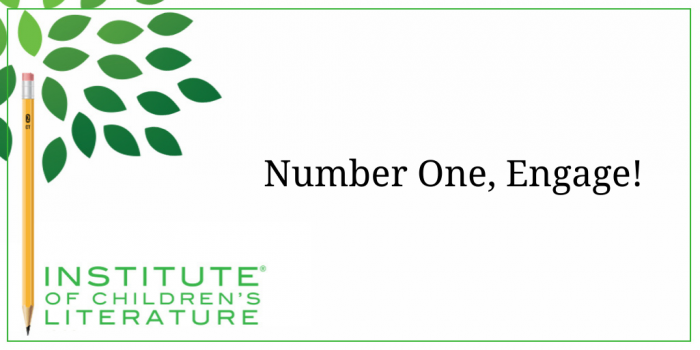1000 N. West Street #1200, Wilmington, DE 19801
© 2024 Direct Learning Systems, Inc. All rights reserved.

When editors ask for characters that grow and change, they aren’t asking for a story about life’s lessons. They don’t mean they want a lecture on manners disguised as a story. What they want is for the situation in the story to impact the main character in some way that causes growth and change in the character. And they want it to happen during a story that engages and entertains.

After we went in the house for lunch, she informed me of the following things:
Clearly, a totally entertaining experience was also about learning. [Of course, guided learning would have skipped the cat poop lesson, but a lesson it was.]
My daughter didn’t separate entertainment and learning—so why should we, as writers? Of course, it’s important to remember this about the anecdote I just shared: the child learned through the entertainment, during action, and totally on her own (keys to keep in mind when we write stories for children).
So how do we engage the youngest reader so that they both enjoy and learn from what we write?
We take a young reader into a new exciting experience and let the reader draw conclusions—just as taking my daughter outside let her draw conclusions about the world around her. Now, keep in mind that if the experience is too new, too foreign, a young reader will not have a base of comparison to build conclusions upon. So young children’s stories set in exotic places also stress the things that are the same—family relationships and friendship, for example.
So, check your manuscripts today. Do we leave our reader enough freedom to examine, experience, engage and learn? Or do we try to use fiction to force-feed a lesson? If any line of your story has “summed up” the lesson you intended to teach, you’re probably force feeding. But if the experience makes the reader think a bit and come to a conclusion—then you probably have a story that editors are waiting to hear. And that young readers are waiting to love.
Good luck with that.
With over 100 books in publication, Jan Fields writes both chapter books for children and mystery novels for adults. She’s also known for a variety of experiences teaching writing, from one session SCBWI events to lengthier Highlights Foundation workshops to these blog posts for the Institute of Children’s Literature. As a former ICL instructor, Jan enjoys equipping writers for success in whatever way she can.
1000 N. West Street #1200, Wilmington, DE 19801
© 2024 Direct Learning Systems, Inc. All rights reserved.
1000 N. West Street #1200, Wilmington, DE 19801
© 2024 Direct Learning Systems, Inc. All rights reserved.
1000 N. West Street #1200, Wilmington, DE 19801
© 2024 Direct Learning Systems, Inc. All rights reserved.
1000 N. West Street #1200, Wilmington, DE 19801
© 2024 Direct Learning Systems, Inc. All rights reserved.

1000 N. West Street #1200, Wilmington, DE 19801
© 2025 Direct Learning Systems, Inc. All rights reserved.

1000 N. West Street #1200, Wilmington, DE 19801
©2025 Direct Learning Systems, Inc. All rights reserved. Privacy Policy.